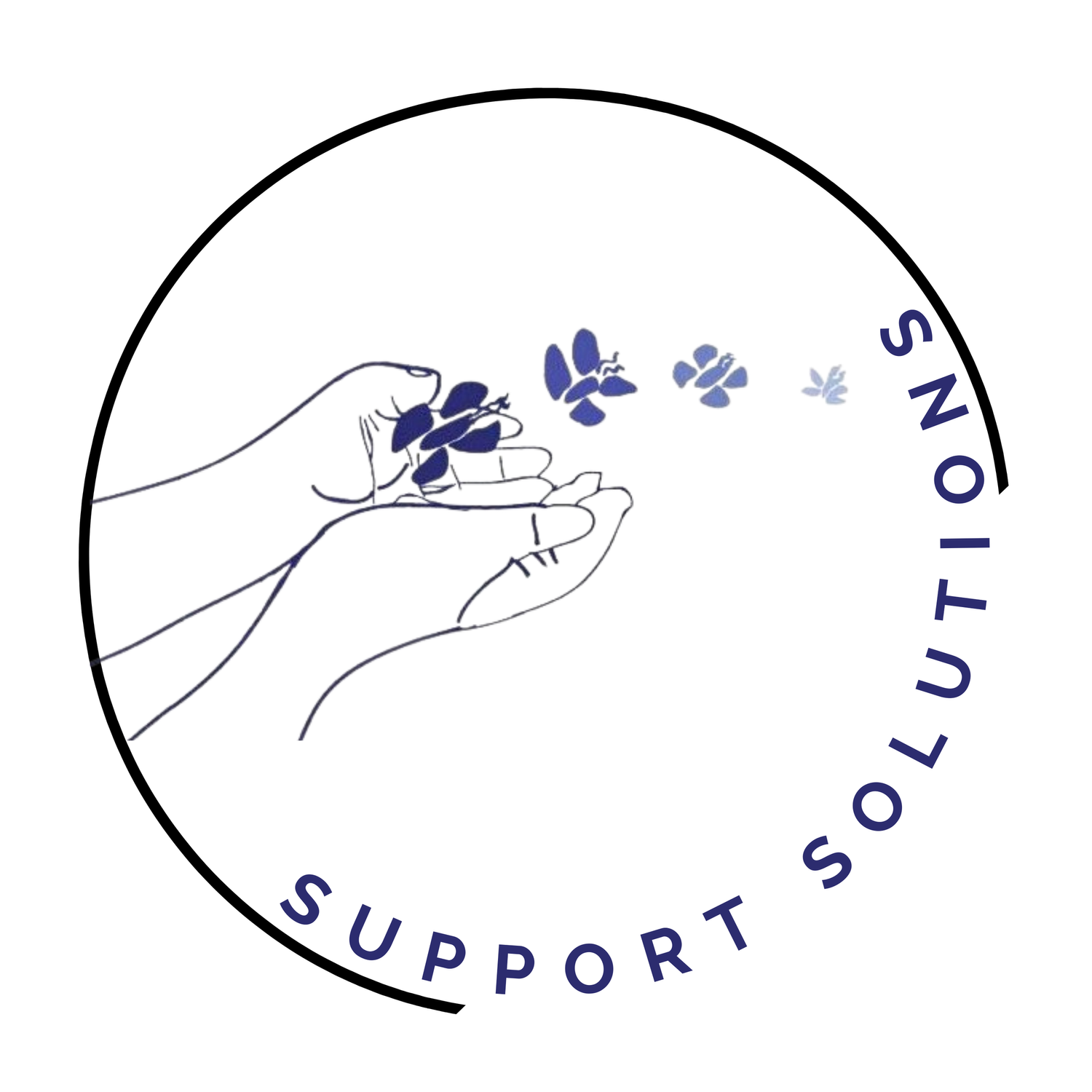What We Do
Support Solutions has been providing services to adults with Intellectual and Mental Health Challenges within our Residential Housing and Day Programs since ‘97.
Our Mission
With a staff of over 200, Support Solutions envisions that adults living with intellectual and developmental disabilities as well as mental health challenges will feel empowered to ask, “Why Not?” Support Solutions mission is to provide the people we support with meaningful and self-directed lives.
Our Values
It is Support Solutions promise to deliver exceptional services tailored to meet each individual’s needs.
Economic and Social Justice for all
Environmental Sensitivity and Responsibility
Outstanding Management of Human and Economic Resources
Values in Action
Our most important resource is our team of dedicated staff members who directly deliver the services we provide. We carefully recruit responsible, conscientious, and thoughtful people. We place emphasis on career enhancement through competitive salaries and benefits, an extensive training program, a career ladder, and a policy of promoting from within the organization.
Direct Support Professionals
At Support Solutions, we believe staff training is critical to delivering quality services and attaining consistency in service delivery. As a result, employees are expected to be in training and/or staff meetings on an average of two hours per week. This approach provides employees with many opportunities:
✓ to gain knowledge and skills that are fundamental to the delivery of services
✓ to consider broad individual service goals and quality of life issues
✓ to feel more supported in the work they do
✓ to develop a greater sense of teamwork and integrated, consistent team goals, and
✓ To attain credentials that support career advancement
Our Residential Coordinators are the key to the overall excellence of the services we provide. They are responsible for working closely with individuals, parents, guardians, and case managers in developing services that meet each individual’s unique needs. Program Managers oversee the day-to-day delivery of services and the implementation of service plans, and provide mentoring, support, and supervision to the Direct Support Professionals.
